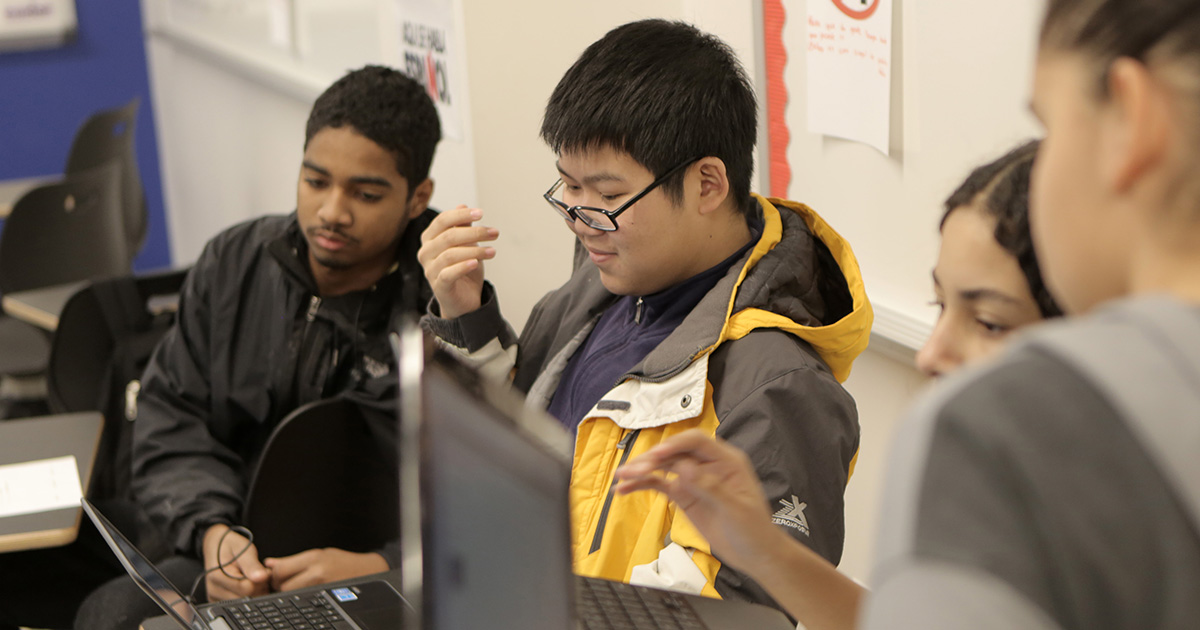
Teachers make a powerful difference in student learning. However, teacher quality varies widely even within the same school, where the best teachers can contribute up to three times as much to student learning in a year as the worst. Students taught by ineffective teachers for consecutive years can fall well behind their peers, and there is no magic curriculum or school structure that protects students from weak teaching. These facts are well understood in education. So, federal, state, and local governments invest billions of dollars to help districts to provide teacher professional development with the goal of making sure all educators are effective in their classrooms.
Teacher professional development is perhaps the most thoroughly researched and tested intervention in education. Research findings are consistent and discouraging: despite the substantial investment, most teacher professional development is not very effective.
Systematic reviews of research on teacher professional development generally find few well-conducted studies, and those few either show no effects on teaching or student achievement or find some small, scattered positive effects. In particular, programs that are very broad, not intensive, and delivered in large group settings generally have no impact on student achievement. These findings have inspired the creation and testing of professional development that is more content-focused and intensive. Several such programs have changed teacher practices in promising ways but still had no measurable effect on student achievement. In 2015, TNTP’s report The Mirage sounded the alarm over how little we know about developing and supporting effective teaching.
 In the face of overwhelming evidence that teacher professional development needs an overhaul, a quiet evolution has begun. Researchers and professional development providers are focusing on the characteristics of professional development that are related to the small positive effects found in research: an intensive experience that includes individualized coaching. This experience typically involves frequent observations of classroom instruction using rigorous, well-defined rubrics to assess teaching practices followed by one-on-one feedback and coaching that target areas of pedagogy for which the teacher most needs to improve. The approach is often supported by technology that enables coaches to observe remotely (using video recordings) and sometimes even deliver virtual coaching and feedback sessions. For example, several studies of My Teaching Partner, the first program of this type to be tested using randomized controlled trials, show positive impacts on student achievement. A version developed for secondary school teachers also reduced racial disparities in discipline. The U.S. Department of Education is supporting follow-up research to examine this promising intervention to determine if it continues to be effective at scale.
In the face of overwhelming evidence that teacher professional development needs an overhaul, a quiet evolution has begun. Researchers and professional development providers are focusing on the characteristics of professional development that are related to the small positive effects found in research: an intensive experience that includes individualized coaching. This experience typically involves frequent observations of classroom instruction using rigorous, well-defined rubrics to assess teaching practices followed by one-on-one feedback and coaching that target areas of pedagogy for which the teacher most needs to improve. The approach is often supported by technology that enables coaches to observe remotely (using video recordings) and sometimes even deliver virtual coaching and feedback sessions. For example, several studies of My Teaching Partner, the first program of this type to be tested using randomized controlled trials, show positive impacts on student achievement. A version developed for secondary school teachers also reduced racial disparities in discipline. The U.S. Department of Education is supporting follow-up research to examine this promising intervention to determine if it continues to be effective at scale.
In the mid-Atlantic region, this type of intensive, targeted feedback to teachers is taking hold. Many districts, including the School District of Philadelphia, Newark (NJ) Public Schools, and the District of Columbia Public Schools, already provide frequent observation and input to teachers, with the most intensive feedback offered to new teachers. Although research suggests this is a giant step in the right direction, it also suggests we should not stop there. All teachers are likely to benefit from embracing individualized and technology-enhanced professional development in the future.
Cross-posted from the REL Mid-Atlantic website.


